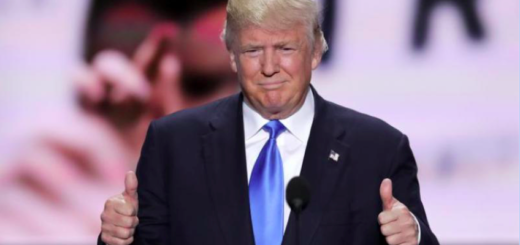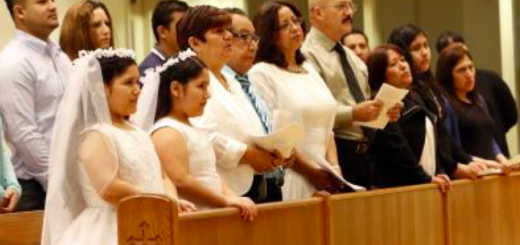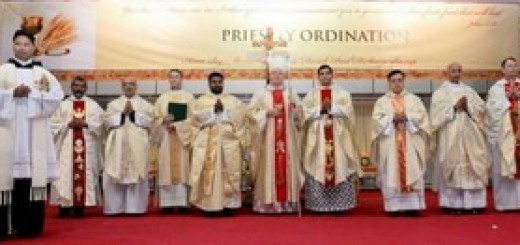Hiroshima mon amour
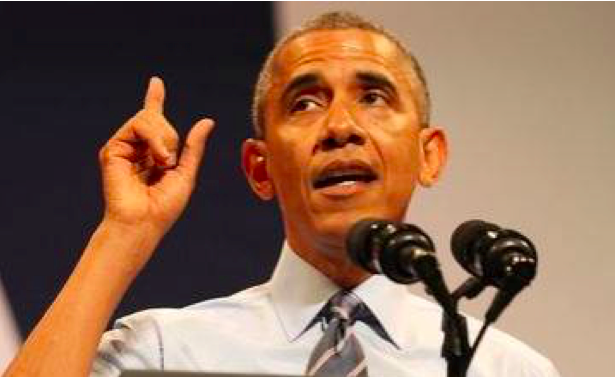
Editorial in Statesman May 29/16
(Note: “The President cannot duck the core issue, specifically that his country boasts the largest stockpile in the world. Nor for that matter has the country jettisoned its nuclear programmes, despite the periodic homilies at the high tabl” is the core of the editorial. What the world needs from Obama is not rhetoric or homilies at the high table but action on the 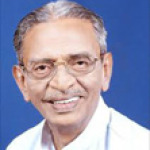 ground of destroying his stockpiles and stoping further nuclear tests instead of telling other countries to do it. What we can tell Obama is: “Doctor heal yourself first, before prescribing medicine for the illness you yourself are suffering.” james kottoor, editor)
ground of destroying his stockpiles and stoping further nuclear tests instead of telling other countries to do it. What we can tell Obama is: “Doctor heal yourself first, before prescribing medicine for the illness you yourself are suffering.” james kottoor, editor)
Barack Obama has made his peace with Hiroshima and in a manner that no other US President has had the nerve to try. His message at the site, where the United States of America under Harry Truman dropped the atom bomb on 6 August 1945, must have resonated across the nuclear bloc of countries on Friday.
A little over seven decades later, it still remains the single most profound act of destruction. Short of an apology — which in itself would have been a chapter in history — President Obama’s message was resounding enough — “We listen to a silent cry. Death fell from the sky and the world was changed. A wall of fire destroyed a city and demonstrated that mankind possessed the means to destroy itself.” It was a faint echo of the appeal he had first made in Prague in April 2009 for the world to work towards ridding itself entirely of nuclear weapons. “We have known the agony of war. Let us now find the courage, together, to spread peace, and pursue a world without nuclear weapons.” It is tragic that the worst single act of violence in history emitted a signal that still remains valid in large parts of the world, including the subcontinent. It is a signal to which the nuclear powers, including India and Pakistan, have been generally impervious. True the world has been spared another Hiroshima; but proliferation of nuclear weapons remains a forbidding challenge, one that has been only partially addressed by the USA’s recent entente cordiale with Iran. True also that Obama’s performance in Hiroshima was clothed in the customary language of the rhetoric. But he did manage and famously so to get his message across — “We have known the agony of war. Let us now find the courage, together, to spread peace, and pursue a world without nuclear weapons.”
That said, his caveat that “we can chart a course that leads to the destruction of these stockpiles” is bound to be greeted with a measure of scepticism. The President cannot duck the core issue, specifically that his country boasts the largest stockpile in the world. Nor for that matter has the country jettisoned its nuclear programmes, despite the periodic homilies at the high table.
The question therefore will survive whether America is really in a position — best or worst — to advance a call for the elimination of all nuclear weapons. It was on the whole a carefully choreographed presentation in the presence of the Japanese Prime Minister, Shinzo Abe, and a handful of holocaust survivors — some now nudging ninety. We do not know whether President Obama’s visit would have convinced Alain Resnais, from whose anti-war film of 1959 we borrow the title of this comment.

